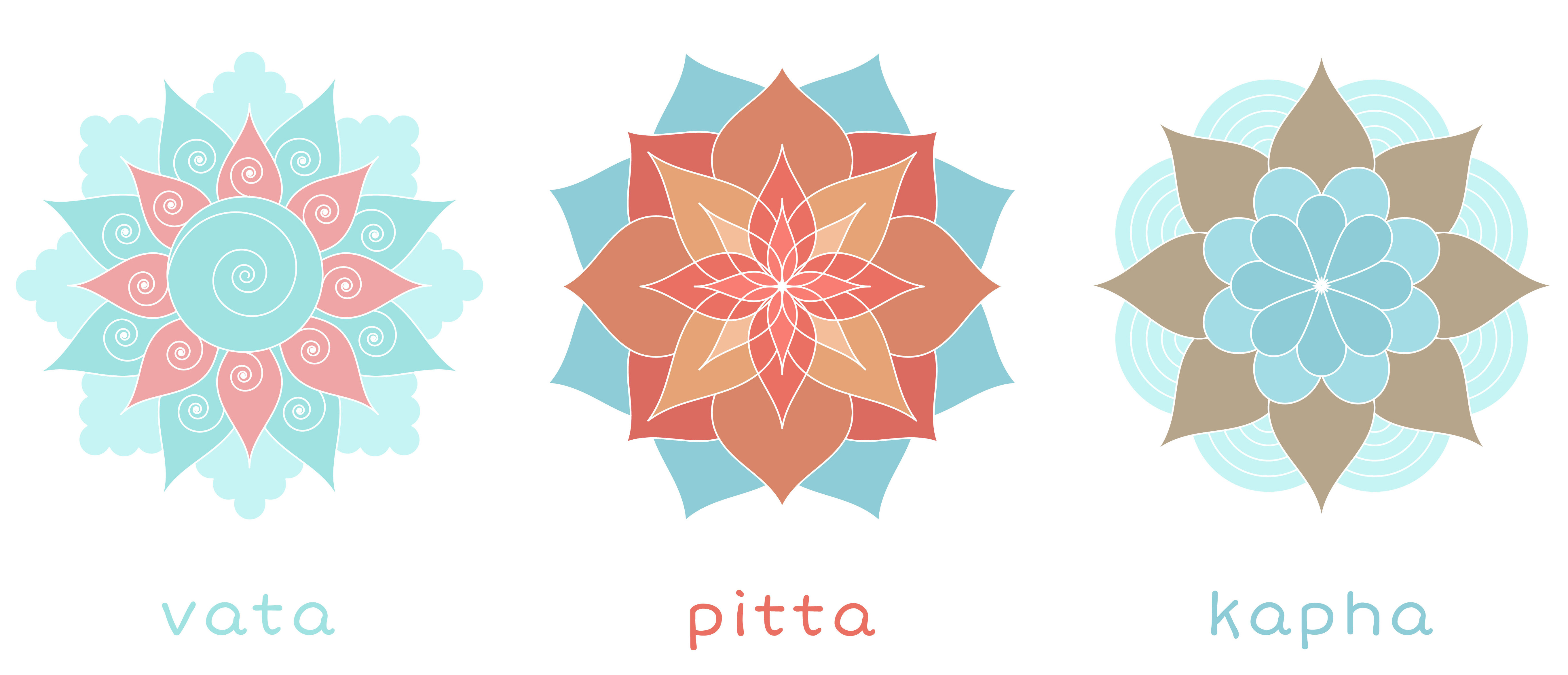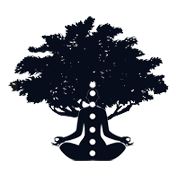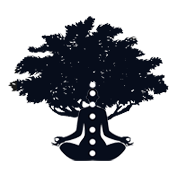Ayurveda
Throughout the history of human civilization, people have attempted to explore, understand and manage natural resources.
As part of this quest, much effort has been expended to understand and develop the use of plants and herbs to prevent and treat disease. The ancient Vedic civilization of India developed a very intricate knowledge of herbal medicine known as “Ayurveda”. The word Ayurveda consists of two Sanskrit words “Ayur” meaning life and “Veda” meaning “knowledge”. The word “Ayurveda” can be understood as the knowledge or science of life.
Ayurveda is a Science
Ayurveda provides a logical system that is based on observing nature. It has always observed the effects of food and medicines on human beings in their natural environment.
Ayurveda dates back around 5000 years and is widely considered the oldest-known medical science that uses a comprehensive approach to diagnose and treat diseases using both surgical and non-surgical treatments. It is the oldest, most visionary, and most developed science of herbal medicine in the world. Ayurveda takes a holistic approach to life and well-being. It is about how long you will live and what your quality of life will be while you are alive.
Ayurveda does not try to suppress symptoms or prolong life with drugs. The ayurvedic approach is quite different. It tries to find out the cause of the disease and cure it. The focus is on healing the individual and not using chemical-based drugs to treat symptoms.
Through the centuries of history, the nature of diseases has changed, many new diseases have emerged, and some old diseases have been eradicated from the planet but the Ayurvedic emphasis on nutrition and lifestyle at all times has always been relevant and is all more important in the modern world.
Difference of Approaches Ayurveda Vs Modern Medicine
Immunity according to Ayurveda is decided by factors like genetics, place of birth, time of birth, season, nutrition & digestive power, etc. It gives more importance to the body than bacteria or viruses whereas modern medicine gives more importance to bacteria or viruses, and we have seen in recent times of COVID where modern medicine was focused on developing vaccines to prevent infectious diseases and it has been successful in a great extent. We at Ashta Chakra really appreciate and salute the efforts of all scientists, doctors, and medical professionals who fought this war as frontline warriors and saved humanity.
But there is a basic difference in approaches; Ayurveda advises increasing immunity by giving immune modulators. The idea of Ayurveda is to improve the immunity in the body to a level where the body can naturally fight infections.
Herbal medicines are not in use today?
In modern times many among us believe that herbs are of no use today and the most common reason for such belief is that Ayurveda is ancient and traditional, filled with religion and superstition, and the practices and herbs it describes are not relevant.
Well, Ayurveda is a science of health. It stresses the health of the mind and the body. It has nothing to do with religion. This is evident from the fact we see Ayurveda in practice in Buddhist, Muslim, and Christian countries as well. Many in Western countries believe that Ayurvedic herbs are from a tropical environment and have very little value in their climate, but that perception is changing with time. Ayurvedic herbs like “Ashwagandha” (Withania somnifera) and “Haritaki” (chebulic myrobalan) are finding acceptance in Western herbalism and western herbs like bayberry, barberry, and calamus are used in India and Ayurveda provides much important information about them. Ayurveda is not just limited to specific herbs it is a study to understand all herbs. Ayurveda doesn’t just belong to India it is for the entire humanity. Ayurvedic medicines made from herbs are generally considered free of any adverse reactions or side effects except for some mineral-based drugs.
समादोषः समग्निश्च समाधातुः मलक्रिया प्रसन्ना आत्मा इन्द्रिय मनहा स्वस्थ्य इति अभिधेयते |
The above verse is taken from ancient Sanskrit scripture called “Sushruta Samhita”. It is considered to be one of the earliest writings of Ayurveda. As per the verse, a healthy person has balanced bioenergetic forces, strong digestive fire, nourished body tissues, well-functioning body processes, a calm mind, balanced emotions, and clear senses.
In 1948, WHO defined health in a similar way “Health is a state of complete physical, mental and social wellbeing and not merely the absence of disease or infirmity”.
Ayurveda clearly understood the importance of health and the true meaning of being healthy thousands of years ago as a state of balance and not just the absence of any disease.
Are we living longer in the modern age?
People often say, “Thanks to modern medicine and nutrition, we are living longer than ever in history.” Is this statement entirely true?
Throughout ancient history, we have many records of people living in their eighties and nineties. People are more or less living the same number of years, but the mortality rate has dropped. With modern lifestyles and the availability of medical facilities (which are not available everywhere), we have eradicated some diseases. Still, modern technology and lifestyle, on the other hand, are becoming the cause of different conditions.
People are not living any longer now than at any other time. Depending on which part of the world you live in, you may live shorter life spans and worse health. What is the reason for this? With all modern lifestyle and nutrition research happening, why are we still told to do something and, after 10 or 15 years, meant to do something else entirely?
Why is there so much conflicting information on the diet? Are these research taking into consideration each individual’s uniqueness?
All these researchers are trying to find one-size-fits-all solutions, which is where Ayurveda differs. The physiological & psychological individuality of everybody approach of Ayurveda takes lifestyle and nutrition to a further step where it understands the individual body type of the person.
How the mental and emotional states related to the consumption, digestion, and absorption of nutrients are not known or even addressed by other herbal systems. Ayurveda has been studying this for thousands of years.
Ayurveda is the best system to provide individuality of diet, nutrition, lifestyle, and herbal medicines, and how does Ayurveda do that? The answer is simple. Ayurveda understands the concept of three doshas: Vata, Pitta, and Kapha. These three doshas are derived from various combinations of five elements in a condensed form that are present and functional in the body.
Although everybody is made of the five elements, the unique combination of these elements decides the type of your mind and body. This unique physical and mental constitution is called “Prakruti.”

Every cell in our body contains all three doshas, along with their specific actions: -
- Vata: - Controls movement and regulation
- Pitta: - Controls heat and transformation
- Kapha: - Controls structure and growth
Would you like to know your body constitution? Please click and download our body constitution questionnaire and try to answer questions as honestly as possible.
Vata Pitta Kapha Body Constitution Questionnaire ![]() Click here to download
Click here to download
Sources : -
- Atreya’s guide to Ayurveda Practice: A Practical Guide to Ayurveda Practioners. N.p.: Atreya Ayurveda Publications, (n.d.)
- Frawley, David., Lad, Vasant. The Yoga of Herbs: An Ayurvedic Guide to Herbal Medicine. United States: Lotus Press, 1986.
- Vara, Geeta. Ayurveda: Ancient Wisdom for Modern Wellbeing. United Kingdom: Orion Publishing Group, Limited, 2018.
- Tierra, Michael., Khalsa, Karta Purkh Singh. The Way of Ayurvedic Herbs: The Most Complete Guide to Natural Healing and Health with Traditional Ayurvedic Herbalism. United States: Lotus Press, 2008.
- Ayurvedic Nutrition. India: Motilal Banarsidass, 2015.
- India: Mahaveer Publishers, 2010.

